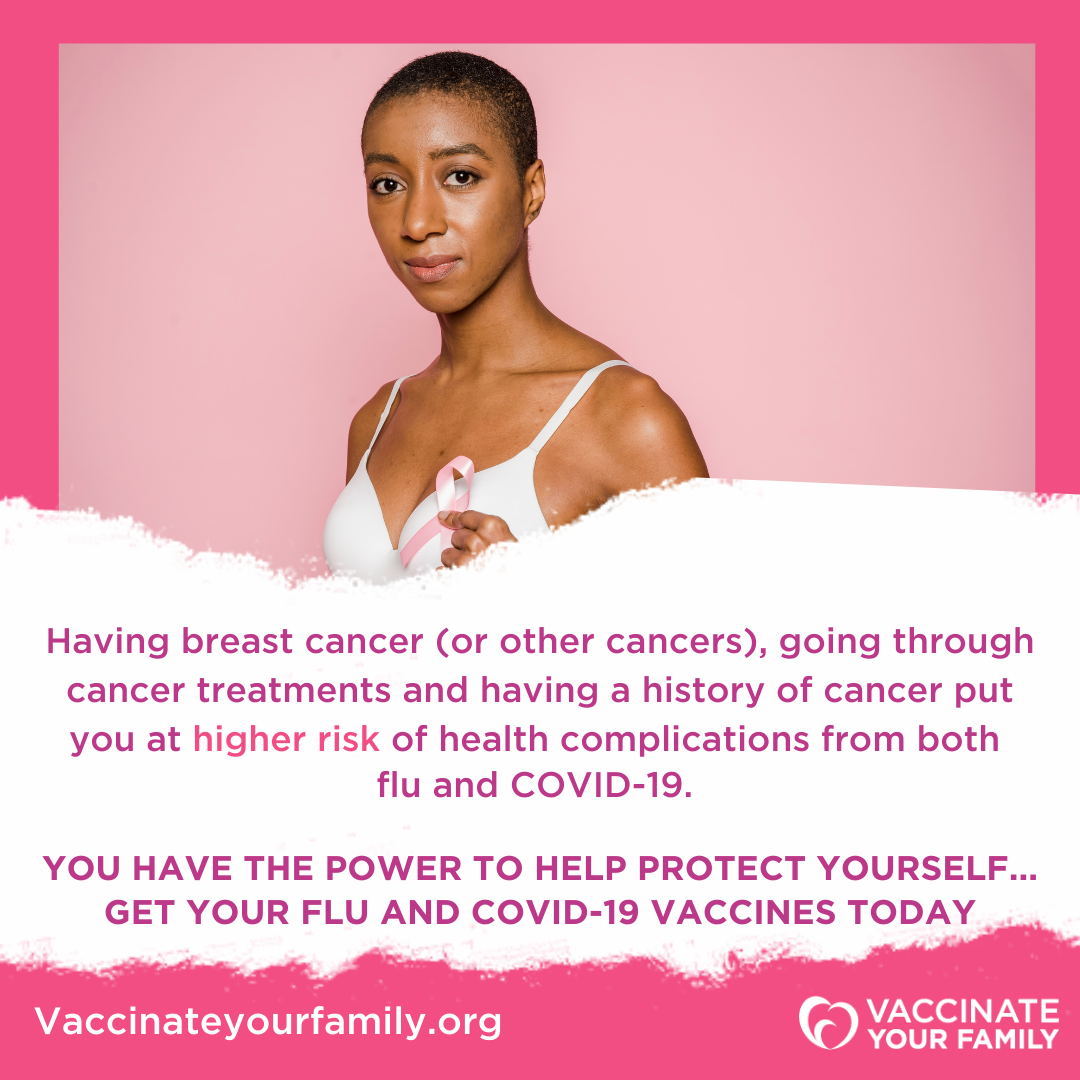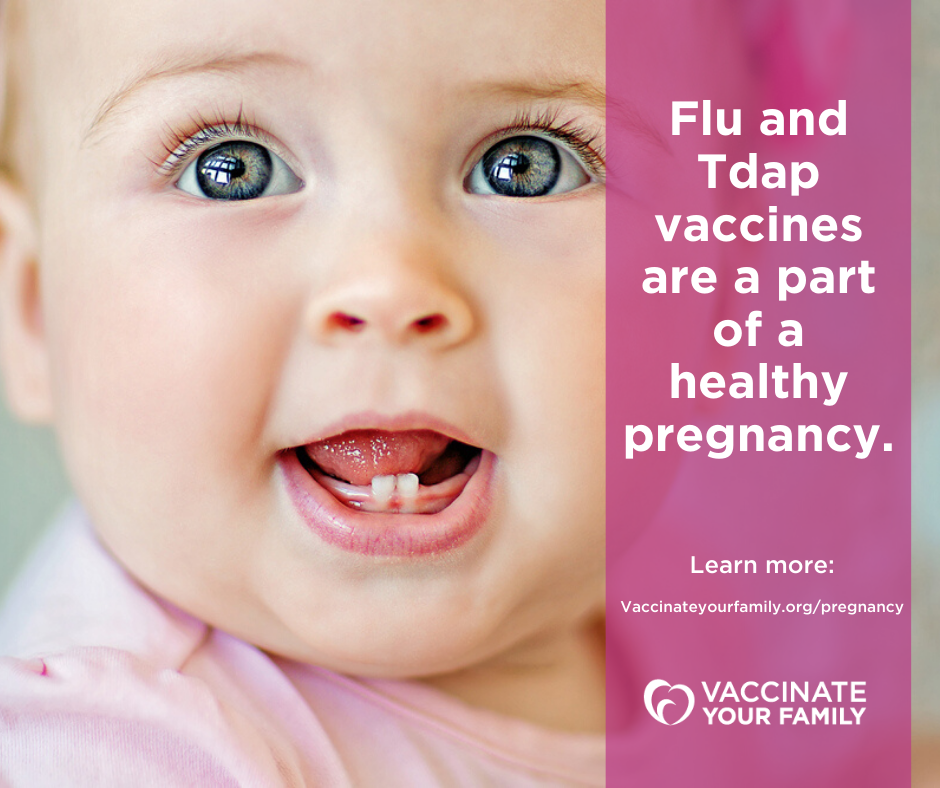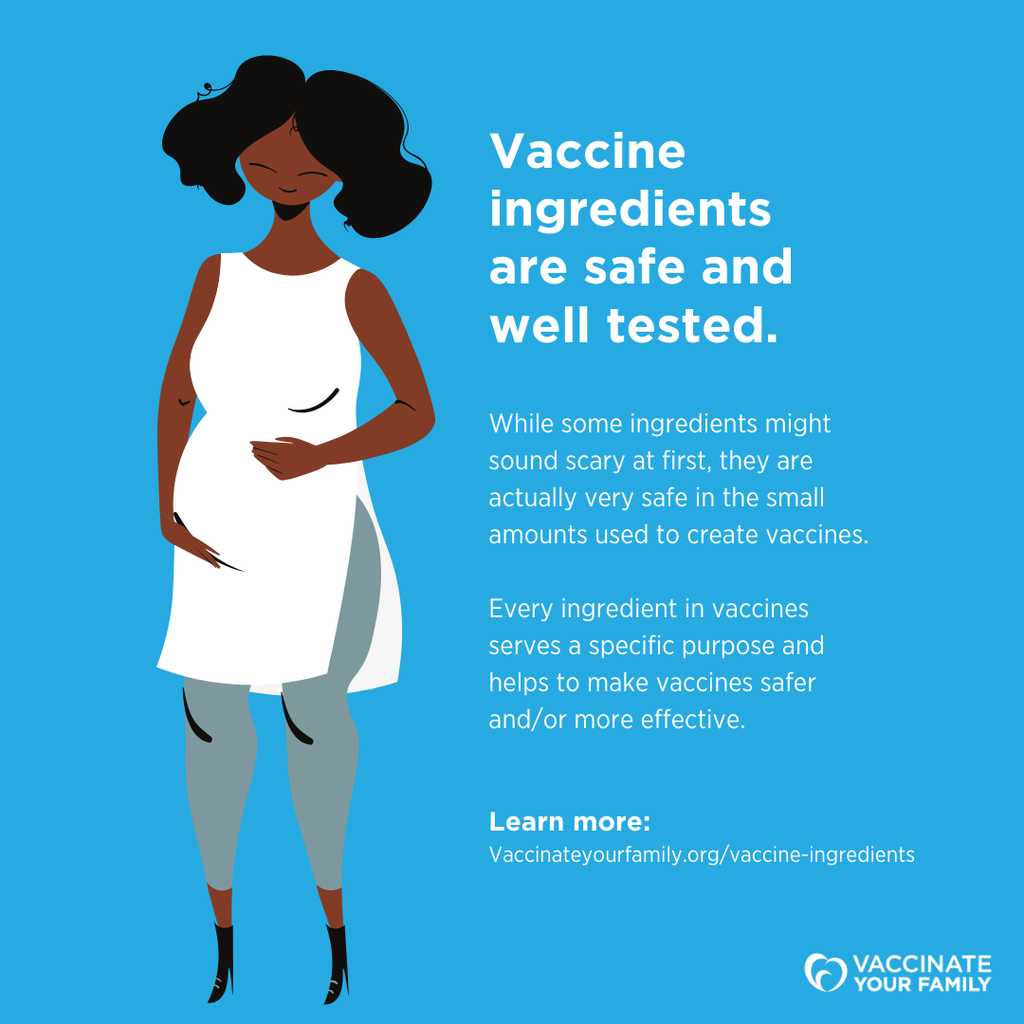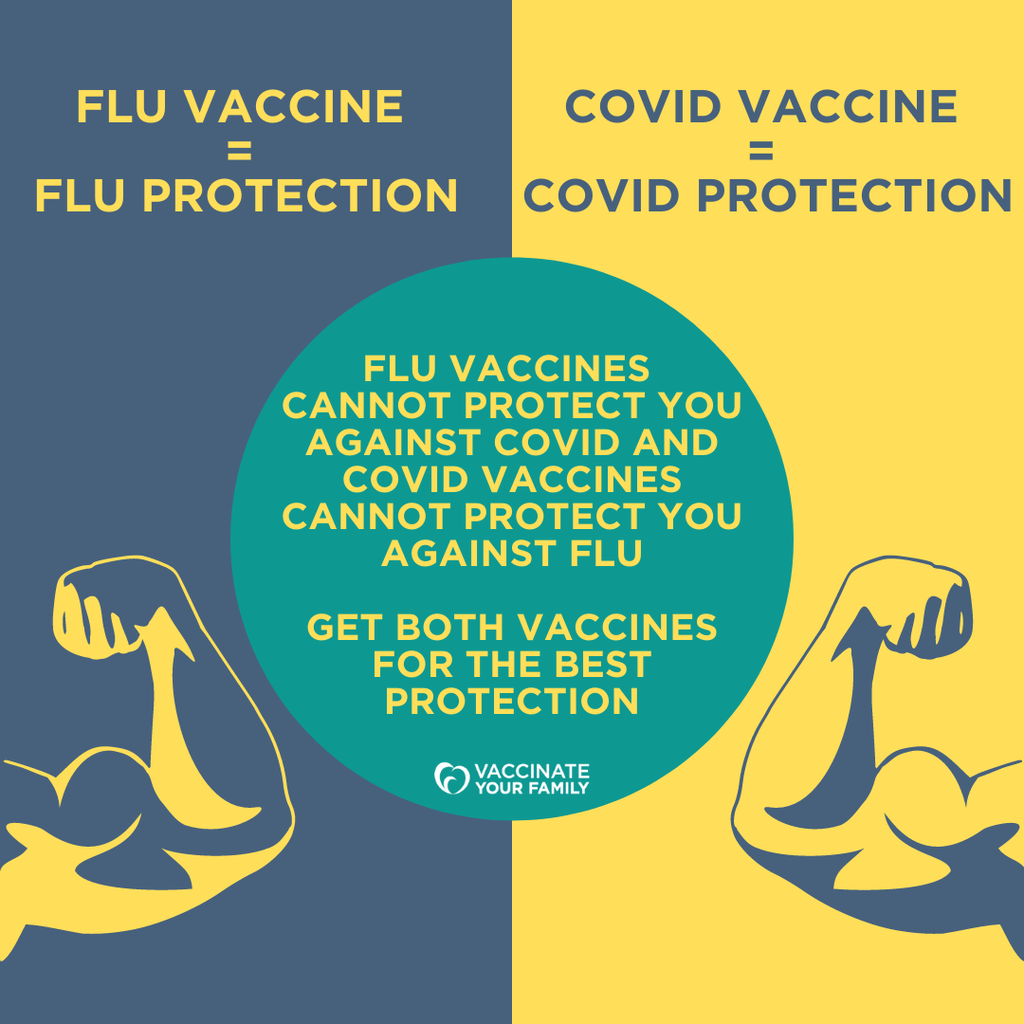Flu
What is flu?
Influenza, commonly known as flu, is a serious and potentially deadly disease caused by the influenza virus. The CDC estimates that EVERY YEAR from 2010 – 2024, flu resulted in 9.3 million to 41 million illnesses, 120,000 to 710,000 hospitalizations, and 6,300 to 52,000 deaths.
In the 2024-2025 season the U.S. hit a grim milestone, with a record 280 pediatric flu-related deaths during a regular, non-pandemic season. Of those deaths, about 90% were not fully vaccinated
On this page, you can explore how flu spreads, who is at risk for serious complications, what the symptoms are, emergency warning signs of flu, how to tell if you have flu or something else, how to protect yourself, how to prevent flu, flu vaccination for older adults and people with chronic health conditions, flu vaccination for pregnant women, and treatments for flu.
Flu resulted in 9.3 million to 41 million illnesses annually between 2010-2024.
How does flu spread?
Flu spreads through the air when infected people cough, sneeze, or talk, allowing others nearby to inhale the virus. The virus can also spread when someone touches a surface contaminated with flu virus and then touches their eyes, mouth, or nose. Flu spreads quickly through communities as it passes from person to person.
You can spread flu to others before you even know you’re sick. People who are sick with flu are most contagious during the first three days after symptoms appear. However, it is possible to spread the virus a day before symptoms appear and you can remain contagious for up to 5 to 7 days after symptoms appear. It’s best to stay home while sick to avoid spreading flu to others. Generally, you can resume normal activities when your symptoms have improved and you are fever-free for 24 hours (without the use of fever-reducing medication).

Serious flu complications can lead to hospitalization, disability, or death, even in otherwise healthy individuals, including children and adults. Certain groups of people are at higher risk for severe complications:
- Children younger than 5 years old
- Adults 65 years and older
- Pregnant women and those up to two weeks postpartum
- Residents of nursing homes and other long-term care facilities
- People from certain racial and ethnic groups, including communities of color, American Indians, and Alaska Natives
- People younger than 19 years old on long-term aspirin or salicylate-containing medications
- People with weakened immune systems due to conditions like cancer (chemotherapy or radiation), chronic corticosteroid use, or other immune-suppressing medications
- Individuals with chronic medical conditions, including:
- Asthma
- Diabetes (and other endocrine disorders)
- Heart disease and history of stroke
- Chronic kidney disease including those who have had a kidney transplant or are on dialysis
- Liver disorders
- HIV
- Neurologic or neurodevelopmental conditions
- Blood disorders like sick cell disease
- Chronic lung diseases, such as COPD
- Metabolic disorders
- Obesity (BMI of 40 or higher)
- Cancer or a history of cancer, particularly lymphoma or leukemia
Flu can spread through the air.
People with flu can spread it to others up to about 6 feet away.
What are the symptoms of flu?
Flu can cause mild to severe illness and, in some cases, it can be fatal. Symptoms typically appear suddenly and may include:
- Fever or chills
- Cough
- Sore throat
- Runny or stuffy nose
- Muscle or body aches
- Headaches
- Fatigue (tiredness)
- Vomiting and diarrhea (more common in children than adults)
It is important to know that some people with a flu infection may not show any symptoms.


What are the emergency warning signs of flu?
Flu can be serious for anyone-regardless of age, health status, or lifestyle. It’s important to know the warning signs of flu complications and seek timely medical care.


In children
- Fast or difficult breathing
- Bluish lips or face
- Ribs pulling in with each breath
- Chest pain
- Severe muscle pain
- Dehydration (not urinating)
- Not alert or interacting when awake
- Seizures
- Fever about 104 degrees Fahrenheit that is not controlled with medication
- Fever in any infant younger than 12 weeks old
- Fever or cough that improve but then returns or worsens
- Worsening of chronic medical conditions


In adults
- Difficulty breathing
- Persistent pain or pressure in the chest or abdomen
- Persistent dizziness, confusion, or inability to arouse
- Seizures
- Dehydration (not urinating)
- Severe muscle pain
- Severe weakness or unsteadiness
- Fever or cough that improve but then returns or worsens
- Worsening of chronic medical conditions
The CDC estimates that EVERY YEAR from 2010 – 2024, flu resulted in 120,000 to 710,000 hospitalizations, and 6,300 to 52,000 deaths.
How can I tell if I have flu or something else?
Many respiratory diseases like flu, COVID, and respiratory syncytial virus (RSV) can circulate at the same time, so it’s important to be properly diagnosed to determine appropriate treatment
There are a number of tests available to determine if you have flu, including tests that can be given by a healthcare provider or pharmacist and even tests that you can purchase at a pharmacy and do at home.
How can I protect myself from flu?
A yearly flu vaccine is the best way to protect yourself from flu. Flu vaccines are updated every year to help protect against the three most common circulating flu strains. The information used to make these updates is based on year-round, global surveillance.
Flu season is unpredictable, but it often peaks in January or February. The CDC recommends everyone 6 months and older get a flu vaccine, ideally by the end of October, although getting vaccinated later in the season can still be beneficial.
For the 2025-26 flu season there are a range of options for flu protection. An at-home nasal spray option is now available for some people. Learn more about the current flu season & flu vaccines.
It takes about two weeks after vaccination for your body to build immunity to flu.


So, it’s important to get vaccinated before flu season starts circulating in your community. Flu vaccination is especially important for those people at higher risk of serious flu-related complications.
All flu vaccines available in the U.S. help protect against the same three flu strains, but flu vaccines are made in different ways (e.g., egg-based, cell-based) so there are options. Most flu vaccines are available as a shot and there is one flu vaccine that is a nasal spray, also known as a live attenuated influenza vaccine (LAIV).
There are also three special flu vaccine options for adults aged 65 years and older, including high-dose, adjuvanted, and recombinant, which offer enhanced protection for older adults. It’s important to consult with a trusted healthcare provider or pharmacist to determine which flu vaccine is right for you based on your age, health status, and lifestyle.
How can you prevent flu?
Your child’s healthcare provider can confirm if they need two doses. If your child requires two doses, it’s important to start the process early to ensure they are protected before flu season begins in your community. It’s important to get both doses because if your child misses the second dose, they may not be fully protected from flu.


Babies, Children, Preteens, and Teens
The CDC recommends that all children 6 months and older receive a flu vaccine every year. Depending on your child’s vaccination history, they may need 1 or 2 doses.
Children who only need 1 dose include:
- Children 6 months to 8 years who have previously received at least 2 doses of a flu vaccine, spaced at least 4 weeks apart
- Children 9 years and older
Children who need 2 doses include:
- Children 6 months to 8 years who have never received a flu vaccine or whose vaccination history is unknown
- Children 6 months to 8 years who have not previously received at least 2 doses of flu vaccine, spaced at least 4 weeks apart


Adults
All adults should get a flu vaccine every year. Even healthy adults of all ages can become seriously ill from flu. Flu and pneumonia, which is a common complication of flu, are ranked as a top leading cause of death in the U.S. Other flu complications can include inflammation of the heart (myocarditis) or brain (encephalitis), and multi-organ failure (e.g., kidney failure). Flu can also lead to life-threatening sepsis. By vaccinating everyone in your family each year, you help protect yourself and your loved ones from the risks of serious illness and death due to flu.
Older Adults and People with Chronic Health Conditions
Flu vaccination has been shown to reduce flu illness and serious complications, such as hospitalization and death, especially in older adults. As immune defenses weaken with age, it’s crucial for people 65 and older to get a flu vaccine every year.
Vaccination is particularly important for individuals with chronic conditions, as they are at higher risk for severe illness, complications, and even death from flu.
The CDC does not recommend any one flu vaccine over another for people younger than 65 years. However, the CDC does recommend specific flu vaccine options for people ages 65 years and older, including: high-dose, adjuvanted, or recombinant. This recommendation is based on studies that suggest these flu vaccines may be more effective than standard flu vaccines for this age group.
The CDC estimates that 70–85% of flu-related deaths and 50–70% of flu-related hospitalizations occur in people aged 65 years and older.
It’s always best to talk to your healthcare provider or pharmacist to determine which flu vaccine is right for you.
Pregnant Women
Getting sick with flu can cause serious problems for a pregnant woman and her baby. If you are pregnant during flu season, the CDC and pregnancy experts agree that the best way to protect both yourself and your baby from flu is to get vaccinated. A flu shot can safely be given during any trimester of pregnancy. And getting vaccinated while pregnant helps protect your baby following birth, too.
Pregnancy causes changes in the immune system, heart, and lungs, making those who are pregnant (and those two weeks postpartum) more vulnerable to severe flu illness. They are also at higher risk of hospitalization and death from flu compared to non-pregnant women. A 2018 study found that getting a flu shot reduced the risk of hospitalization due to flu by an average of 40% for pregnant women.
A 2018 study found that getting a flu shot reduced the risk of hospitalization due to the flu by an average of 40% for pregnant women.
Flu-related complications during pregnancy can also pose risks to the baby, including premature labor, early delivery, and birth defects.


Getting a flu shot during pregnancy can protect the baby from flu for several months after it’s born since the mother can pass antibodies on to the baby before birth.
A 2016 study published in Pediatrics showed that flu vaccination during pregnancy reduced the risk of flu in infants by 70% and lowered the risk of flu-related hospitalization by 81% in the first six months of life.
Since infants cannot be vaccinated until they are 6 months old, it’s also important for anyone who will be around a newborn to be vaccinated against flu.
Are there treatments for flu?
If you do get sick with flu, there are prescription antiviral medications that can help reduce the length and severity of your illness. These medications are most effective if taken early, within 48 hours (2 days) of when you first start showing symptoms. It’s important to remember that these prescription medications are NOT a substitute for annual flu vaccination.
Because flu is a virus, it requires an antiviral medication for treatment–antibiotics will not treat flu.
Prompt treatment with antiviral medications is recommended for people who have flu or suspected flu and who are at higher risk of serious flu complications, including those 65 years and older, young children, pregnant women, and people with chronic medical conditions.
Learn more about the current flu season here.
CDC Recommended Immunization Schedules
To ensure that your entire family is up to date on their vaccines, check out the following CDC recommended immunization schedules and talk to your healthcare provider.
No. Flu vaccines cannot cause flu because they do not contain a live virus that is capable of causing illness. Flu shots are made from either flu viruses that have been inactivated (killed) OR with proteins from a flu virus (only parts of the virus are used instead of the whole virus).
Nasal spray flu vaccine is made with a weakened live virus and also cannot cause flu. The weakened flu viruses are cold-adapted, which means they cannot infect your lungs or other warmer areas of your body.
While some people may get mild side effects from a flu shot like a sore arm, headache, muscle aches, or a low-grade fever, those side effects usually only last 1-2 days. These are actually signs that the vaccine is working and your body is building immunity, which is what it’s supposed to do! Mild side effects following vaccination are almost always less serious than what you would experience with an actual infection.
Because it takes your body about two weeks following vaccination to build up immunity, it’s also possible that you were exposed to flu before you were fully protected. It’s also important to note that flu vaccines only protect you against flu, not other viruses such as COVID-19 or respiratory syncytial virus (RSV).
It’s important to get an annual flu vaccine every year for two reasons: 1) flu viruses can change from year to year; and 2) your protection from previous flu vaccines can decline over time.
Every year, new flu vaccines are created to protect against flu viruses that year-round global surveillance suggests will be most common during the upcoming flu season.
All flu vaccines, regardless of how they are created, protect against the same flu viruses. There are injectable flu vaccines (commonly known as flu shots), as well as a nasal spray flu vaccine. To figure out which flu vaccine may be best for you and your family, it’s important to talk to a pharmacist or trusted healthcare provider.


Yes, people with egg allergies can safely get a flu vaccine. People with egg allergies do not need to take any special precautions when getting a flu vaccine whether it’s egg-based or not. Allergic reactions are unlikely due to the trace amounts of egg protein that may be found in the vaccine. There are egg-free options, including a recombinant flu vaccine and a cell-based flu vaccine. If you have concerns, talk to a trusted healthcare provider or pharmacist to determine which flu vaccine is best for you.
Although the effectiveness of flu vaccines can vary from season to season, research shows it still provides significant, lifesaving benefits for you and your family. Most importantly, flu vaccines help prevent severe outcomes like hospitalization, disability, and death. Here are some ways flu vaccines help protect us:
- Prevents illness: Flu vaccines help keep you from getting sick with flu. Like other vaccines, flu vaccines are not 100% effective – but if you do get sick, chances are you won’t be as sick as someone who didn’t get vaccinated.
- Reduces severity: If you do get flu, flu vaccination can reduce the severity of symptoms and shorten the duration of illness.
- Lowers risk of death: A 2017 study found that flu vaccination can reduce a child’s risk of dying from flu by 65% in healthy children and 51% in those with high-risk medical conditions.
- Prevents hospitalizations: Flu vaccination significantly reduces the risk of hospitalization, preventing tens of thousands of flu-related hospital stays each year. A 2021 study showed that among adults hospitalized with flu, those who were vaccinated had a 26% lower risk of ICU admission and a 31% lower risk of death compared to unvaccinated patients.
- Protects vulnerable groups: Vaccination helps protect those who are at higher risk of serious flu complications, including babies, young children, older adults, and people with chronic conditions like heart disease, diabetes, and lung disease.
- Reduces heart-related risks: Flu vaccination has been linked to fewer cardiac events among people with heart disease, especially those who had a heart issue in the past year.
- Safeguards pregnant women and their babies : A 2018 study found that flu vaccination reduced a pregnant woman’s risk of hospitalization by 40%. Additionally, flu vaccination helps protect the baby from flu for several months after birth.
Flu shots have been safely given to millions of pregnant women over more than five decades. They are closely monitored for safety through US vaccine safety systems , including the Vaccine Adverse Event Reporting System (VAERS), Vaccine Safety Datalink (VSD), and the Clinical Immunization Safety Assessment (CISA). Studies show that flu vaccinations are safe during any trimester for both pregnant women and their babies.
It is also safe to get a flu vaccine while breastfeeding . Mothers can pass their antibodies to the baby through breastmilk, which helps keep the baby from getting sick should it catch flu. If you missed a flu shot during pregnancy, it’s important to get vaccinated before leaving the hospital.
Learn more about flu vaccination during pregnancy.


Both flu and COVID-19 are contagious and potentially serious respiratory illnesses, but they are caused by different viruses. You will not be able to tell the difference between flu and COVID-19 by the symptoms alone because many of the signs and symptoms are the same. A flu test and/or a COVID-19 test is needed to confirm a diagnosis. There are also tests that can test for both flu and COVID at the same time. Some flu tests can be given by a healthcare provider and some pharmacies have tests that you can do at home. Learn more here about the similarities and differences between COVID-19 and flu.


Flu usually comes suddenly and has more severe symptoms than a cold. Although some people with flu have fever, not everyone will. The symptoms of flu can include fever or feeling feverish/chills, cough, sore throat, runny or stuffy nose, muscle or body aches, headaches, and tiredness. Cold symptoms are usually milder than the symptoms of flu. People with colds are more likely to have a runny or stuffy nose. Colds generally do not result in serious health problems. See the differences and similarities between flu and a cold.
Influenza (flu) is a respiratory virus that primarily affects the nose, throat, and lungs. The “stomach flu” is actually not a type of flu but rather a medical condition known as gastroenteritis. Sometimes people will also refer to this condition as a “stomach bug.” Gastroenteritis is an intestinal viral infection (an inflammation of the lining of the stomach and intestines) that causes symptoms like watery diarrhea, stomach cramps, nausea or vomiting, and sometimes fever. Learn more here.
Have More Questions about flu?
Read more frequently asked questions on our flu season page.


